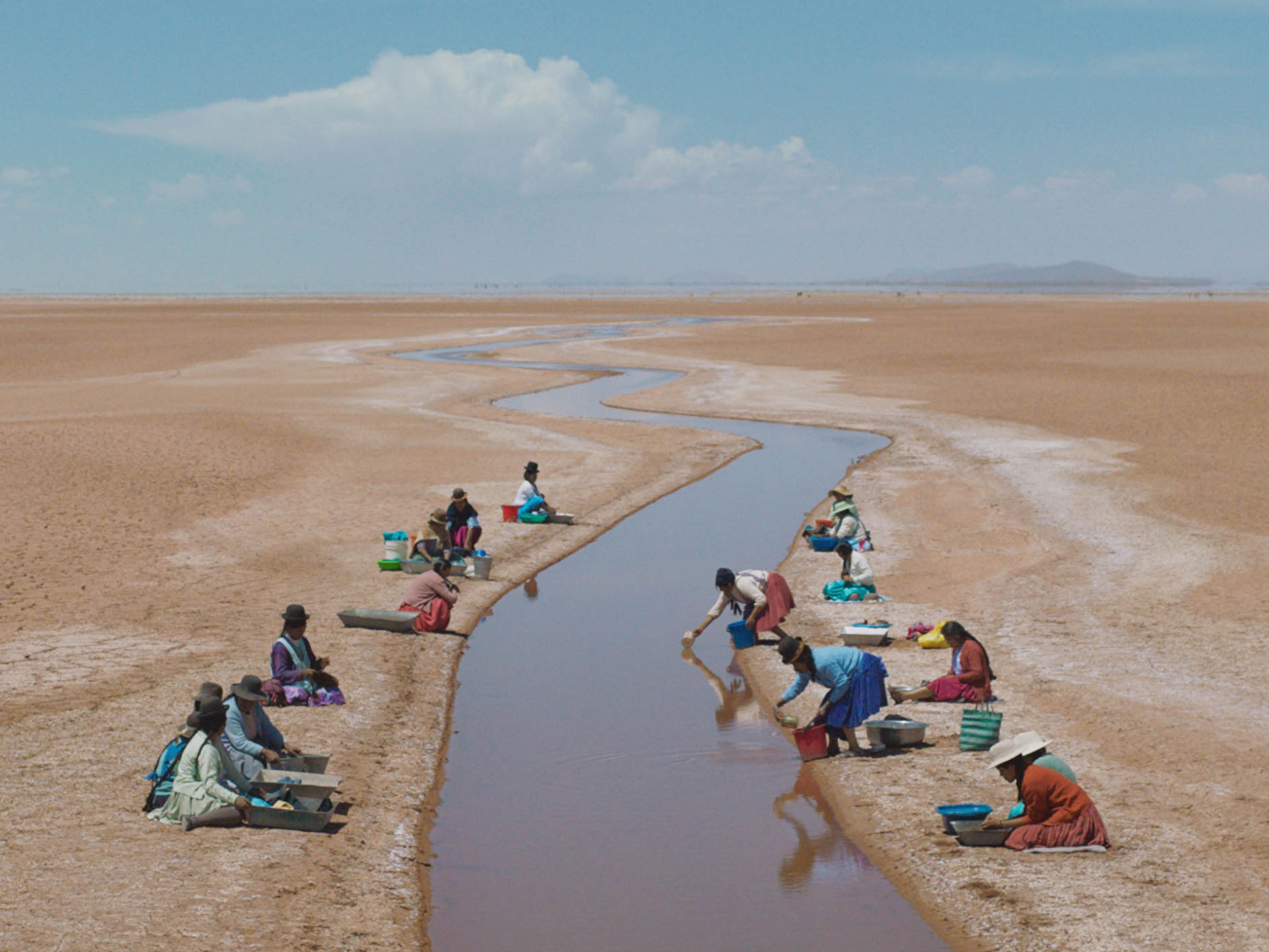
- Golden Globe Awards
UTAMA (Bolivia)
Utama, which in Aymara language means “our home” is what Virginio and Sisa (José Calcinaand Luisa Quispe), an elderly Quechua couple that live alone in the desolate lands of the Bolivian Altiplano, call their land. It is a place now torn and dusty due to a severe drought that has driven most of the population to emigrate. Isolated in their mud huts, the couple still persevere, working the land and tending their llamas. Virginio, suffering from a terminal illness, does not let a day go by without going out at dawn to take his flock to a distant pasture. In the meantime, his wife, Sisa, takes care of the house and tends to some minimal crops. One day his grandson, Clever (Santos Choque), arrives from La Paz, with the idea of taking his grandparents with him.
The directorial debut of Bolivian Alejandro Loayza Grisi, follows the physical and agonizing deterioration of a grandfather who in no way wants to go to the city with his son and grandson to treat his illness. He must die in Utama, like the condor that, sensing its imminent disappearance, climbs to the highest peak and falls to crash among the rocks.
Loayza Grisi, who has a background in still photography, and his award-winning cinematographer Barbara Alvarez (Lucrecia Martel’s The Headless Woman) uses images of an inhospitable, desert-like, immense territory, where it is impossible to live with the comforts of civilization, to speak of a way of life that has practically disappeared.
“We have been fortunate to travel a lot around the country and discover its diversity. Those trips have led us to the realities that some people in our country are exposed,” said Loayza, that along with his brother and father, producers of the film, had previously traveled through the Bolivian highlands. During the press conference held at the last Malaga Film Festival, the director said it was “a challenge” to shoot in the middle of nowhere, and that they got help from the local people, to build a house for the film set.
Loayza Grisi also pointed out that the elderly couple starring in the story are not professional actors, but were discovered on location. “José and Luisa are a couple in real life, so that made things much easier and the fact that this was their first experience in front of a camera contributes to the freshness we intended for the film”, continued the director.
Utama also describes the effects of climate change in Bolivia, highlighting the major problem facing the indigenous communities of the altiplano. “There were many meetings with environmental experts, as well as experts in Quechua, the native language, all of which contributed to the success of the film because it addresses many issues that have not been touched on much in contemporary Latin American cinema.”
Utama, received four awards, including Best Latin-American Film, at Malaga Film Festival and the World Cinema Dramatic Jury Award at Sundance Film Festival.